The Wife of Bath's Tale
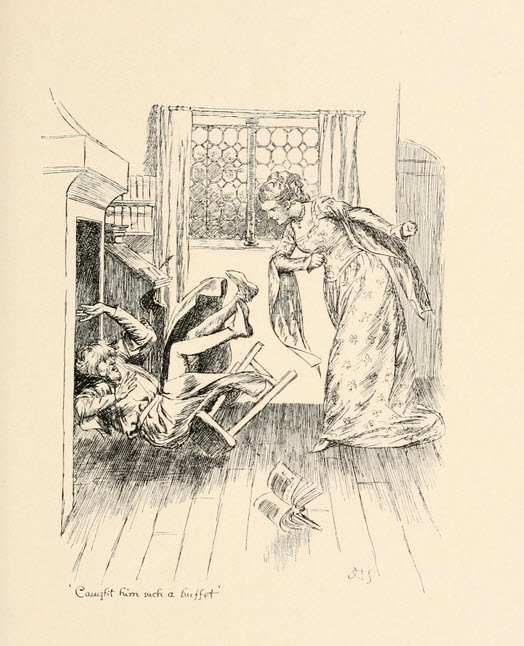
The Wife of Bath's Tale
The Wife of Bath has one of the longest introductions in the Canterbury Tales. She explains she has had five husbands and proceeds to discuss each in repose. The Wife of Bath's tale begins to worry one of her fellow guests who ask if all women are like her. She quickly bids him to remain silent until the tale is over. The Wife of Bath's tale is not just about women seeking many husbands and controlling their husbands.
The Story
The Wife of Bath's tale begins in the time of King Arthur's court. She start with the tale of fairies and elves that used to cover the land. She claims that the elves and fairies fled and in their place are friars and crooks who rape women. The Wife of Bath's tale focuses on one knight who, overtaken by lust, rapes a woman. The knight is brought before Arthur and sentenced to death.
The queen intervenes and requests Arthur to spare the knight's life if he can complete a challenge. The knight, grateful for the chance, must find the one thing that all women want. He sets off to find the answer to the question. Unfortunately, each woman claims a different answer. Some women desire riches and jewels, while others crave happiness and loyalty. Throughout the year the knight dismays to find each answer different from the last. As the year closes, the young knight rides gloomily towards Arthur's court. At this point in the Wife of Bath's tale, the young knight finds one last chance when he spies a group of women dancing in the woods. As he approaches the group to ask, they disappear and a old, ugly crone stands in their stead.
He explains his situation to the old woman. She agrees to help him on the condition that he pledges his hand in marriage to her.
Seeing no other choice the knight agrees. They travel together to King Arthur's court. Upon arrival the queen asks if he has an answer. He triumphantly steps forward and states that all women want to have control of their husbands. The queen smiles to her husband and then to the knight and gives him freedom. The crone steps forward expectant of his hand in marriage. The dismayed knight cries to take his possessions but leave his body.
The old woman presses the issue. They are wed and sent from the court. On their first night together the young knight is in tears. The crone steps forward and asks why he is sad. He replies that he can't believe he is married to someone old and of low birth. She replies that even nobles can be dishonest, while those in poverty can have hearts of gold. She gives him a choice. The crone says she can either be old and faithful, or young and deceitful. The knight ponders in silence before telling his new wife his answer. The husband gives his wife what all women want, and gives her the option to choose. She is delighted that he learned his lesson. The conclusion of the Wife of Bath's tale ends with the crone giving the knight the best of both worlds. His reward for giving her what she wants, the freedom to choose, is a young and beautiful wife who is completely faithful.
The analysis of the Wife of Bath's Tale
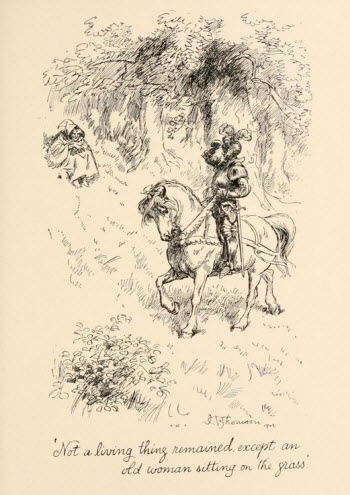
The Wife of Bath's Tale
The Wife of Bath's tale can be taken in a couple of different ways. Depending on the perspective of the reader the transformation and outcome of the story may appear superficial. The whole point of the story is that men, regardless of whether the wife is ugly or beautiful, should obey their significant other in all ways. The knight gives his answer of giving the wife her own choice. This act can be taken in two separate ways.
The first way is that the knight has truly had a change in heart in his year long quest and has changed. The change is a true change that helps the reader to believe that no matter how bad a person is, they can always change. This is a more robust viewpoint on the heart of men. The other interpretation is that the man in the Wife of Bath's tale has superficially learned his lesson in as much as giving her a choice, even if he has not changed at all.
Either interpretation sheds a different light on the tale. Regardless of which direction you choose to view it, the true moral is that marriage is a partnership. The husband should obey and work with the wife to give her what she wants. The knight, in giving this, also ends up with his own happiness in a beautiful and faithful wife. Most interpretations focus solely on the skin deep transformations of the two characters.
The transformation is for the most part only skin deep. The Wife of Bath portrays the change in the hag to a beautiful woman. This change is only physical and may elude to with Wife of Bath viewing all men mistrustful and chauvinistic. The knight's change of heart may also only be superficial if you agree that the Wife of Bath's tale depicts all men as untrustworthy. After all, she explains how she has had five separate husbands and how each was good and bad.
Overall, the Wife of Bath's tale strays from the romantic themes portrayed thus far in the Canterbury Tales. The tale does, however, give a woman's perspective on how romance should be. In the time of Chaucer's writings this tale may have been a bit controversial. None the less, it was a perspective for women to appreciate, and maybe give men pause in their wives wants and needs. The Wife of Bath's tale is all about the woman being in control of their husbands.
Canterbury Tale Summaries
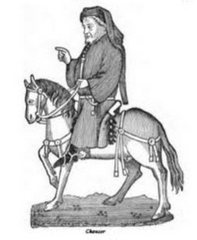
Geoffrey Chaucer
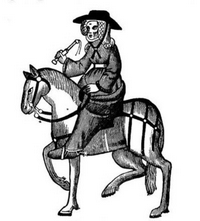
The Wife of Bath's Tale
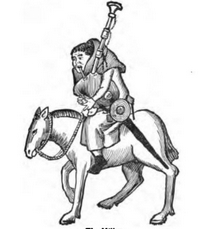
The Miller's Tale
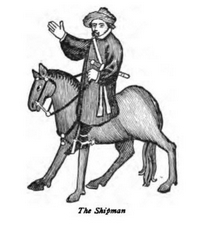
The Shipman's Tale
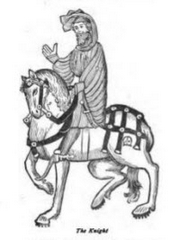
The Knight's Tale
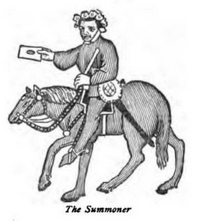
The Summoner's Tale
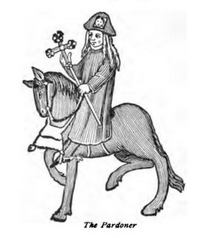
The Pardoner's Tale
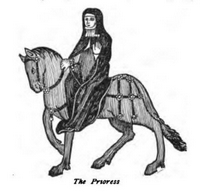
The Prioress's Tale
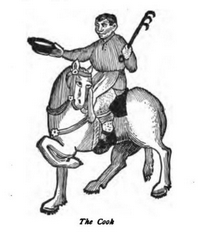
The Cook's Tale
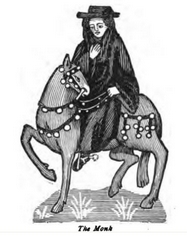
The Monk's Tale
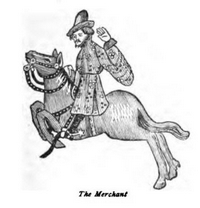
The Merchant's Tale
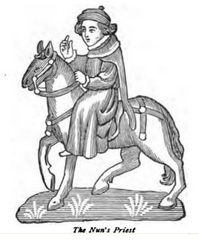
The Nun's Priest's Tale
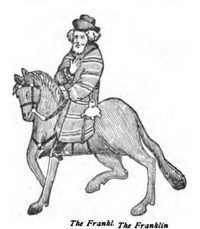
The Franklin's Tale
Main Page | Site Updates | Privacy Policy | Site Map | XML Map | RSS | Contact | About
Canterbury Tales
